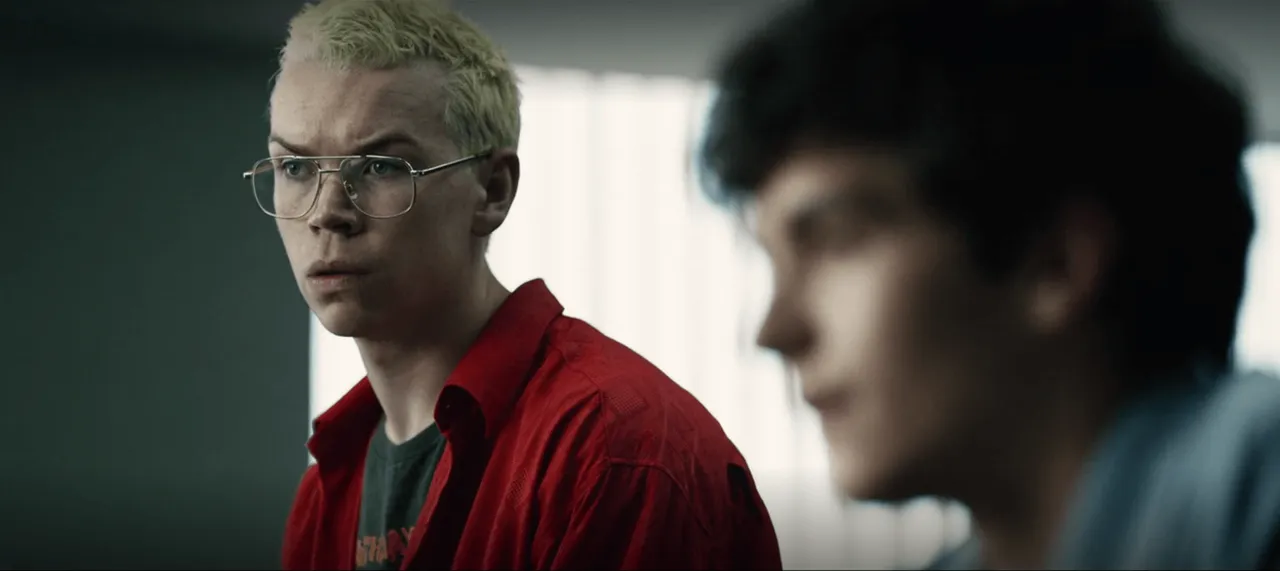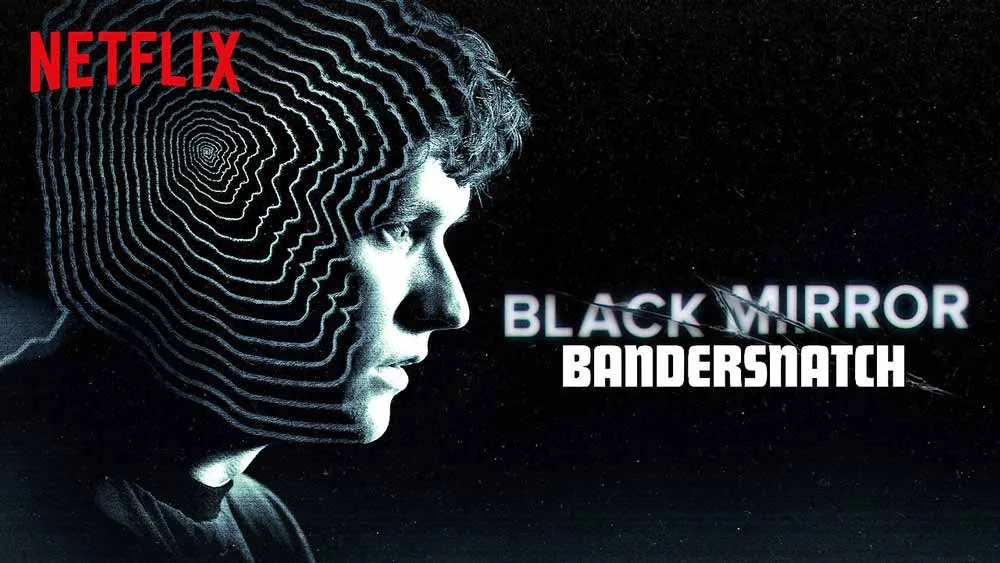Everyone talked about it, it was the real Christmas catchphrase that accompanied us in 2019 amid fierce criticism and enthusiastic acclaim.
Some called it a masterpiece, others labeled it as disappointing, for some a new television and film revolution started with this event, for others it was just a mockery.
As always the truth is in the middle and as always to understand which side you are on, you need a minimum of balance, a minimum of reasoning in a cold mind that starts from the heart of things and ends up reaching the brain in a 360 ° analysis of what happened since December 28, 2018.
On this date that may or may not become historical, we'll find out only by living, Netflix released a special episode of the anthological series Black Mirror, titled Bandersnatch.
The episode, as always written by Charlie Brooker, projected us into a new world thanks to the creation of an interactive episode that allowed the viewer to be himself the author and creator of the story that Bandersnatch wanted to tell.
But was it really like that?
Did we really "choose" where the story was going to go?
It is precisely on this question that all the controversy over the past few weeks has developed.
Who watched the episode will have clear the mechanism, for those who don't know what we're talking about I'll try to summarize briefly.
During the viewing of the episode, the viewer is repeatedly asked to "choose" between 2 or more options while the film continues to flow. The spectator is asked totally irrelevant things like which cereal box to feed the protagonist or which music to listen to on the bus, but also exitial choices that would fork in different and often opposing destinies like deciding whether or not to jump from a balcony, whether or not to kill a person, whether or not to work quickly or calmly on the video game to create.
In many situations a choice ends in nothing with Netflix that interrupts the vision to ask you to go back and change your choice as if the path you had taken was the wrong one.
And here's the first point.
Can an episode that should put the viewer in the author's shoes at the same time "steer" the story?

For detractors, the answer is no. It must be said, however, that if for every possible choice one wanted to foresee a parallel universe from which to give birth to other infinite parallel universes, that episode would potentially become long days, weeks, maybe months and no one would have control, in a game certainly intriguing but crazy for both the authors and the viewer.
Brooker has "armored" the potential stories developed in a dozen or so paths that the viewer could follow according to the choices made, giving him on the one hand the perception of being able to decide how to make the story take hold while still maintaining control over it.
In short, the author remains the author, the spectator remains the spectator. There is no revolution in this but there is an interesting development, perhaps fundamental in the development of the relationship between television medium and spectator.
The latter, thanks to Bandersnatch, was able to enter the room of buttons, he could feel himself an author for 2 hours, banging against the thousand difficulties he could have in developing a story and better understanding the creative processes of a screenwriter. In this Bandersnatch manages to bring spectator and author closer together, making them accomplices while keeping them firmly in their seats.
And here we approach the second point.
On a technical level, does this episode bring important news?

Once again not according to the detractors.
The truth is that at least a couple of things we've never seen before we could write them down and this is not and cannot be little for just one episode.
Have you noticed the fluidity of the action when presenting the choices on screen? The scene never freezes, never, never! Everything keeps flowing while waiting for the viewer's choice. Have you ever seen something like this? Not personally. And you only have to go deeper into the subject to understand that Netflix after revolutionizing TV and streaming may have launched a small revolution on this tiny detail.
Moreover, if we want to talk about revolution or at least legacy we should also look carefully at what story Bandersnatch wanted to tell.
And here's another sore note for the detractors.
This episode now known to all for giving "interactivity" was focused on a creation of a video game that would allow the player to find himself in front of a potentially endless forked story.
Black Mirror also played with us with the narrative itself in short.
We spectators were trying to choose something that would allow to branch out a narrative that had as its end point the possibility to choose infinitely to unravel a skein.